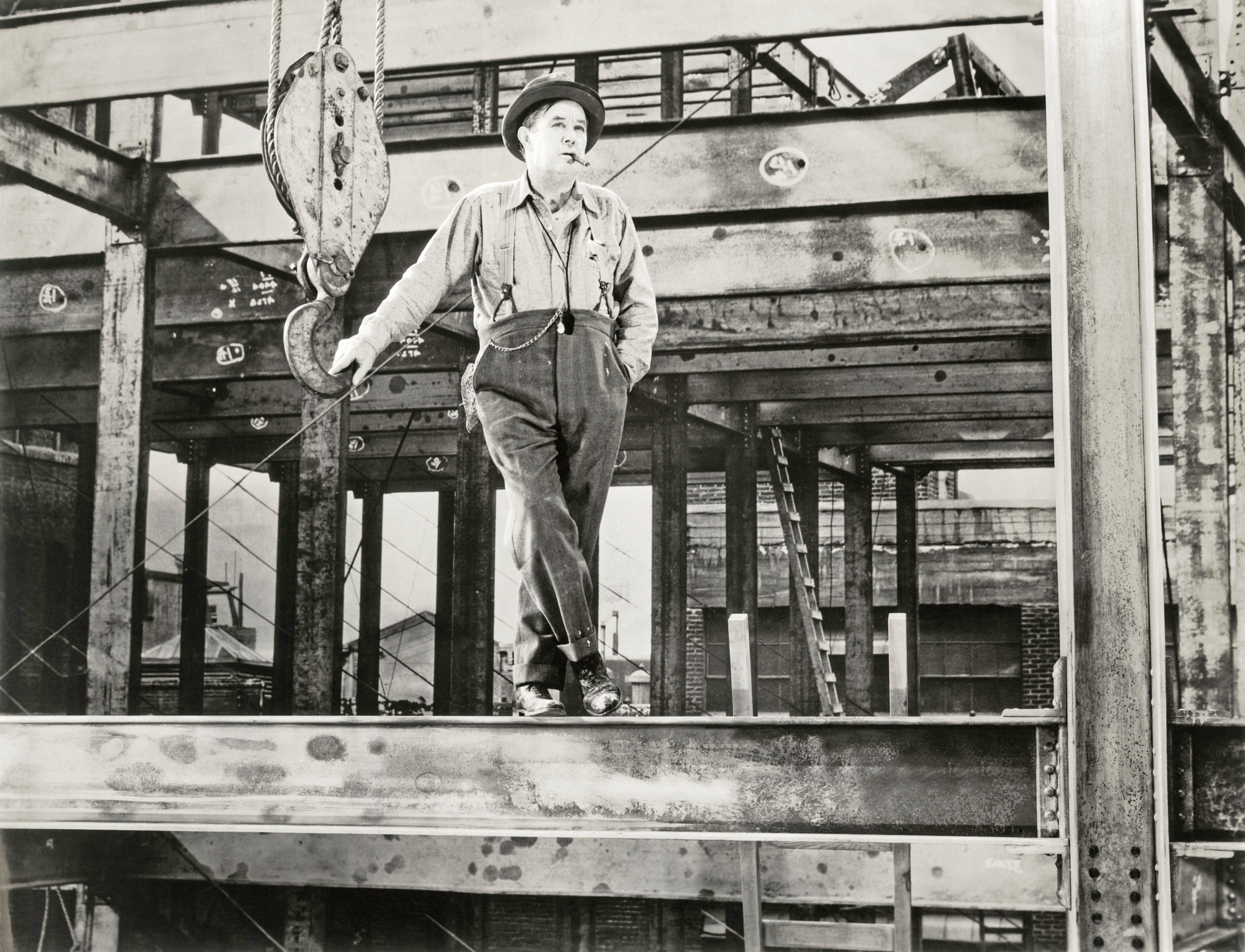Rights for workers has been a long journey wrought with trials and tribulations. The legal safety and security measures that modern employees have originated in the 1800s. In the past, injuries that occurred at work were considered the worker’s responsibility. After a series of protests and new laws, workers’ injury claims are now guaranteed both fair and prompt benefits.
The entire purpose of workers’ compensation was to ensure employees who were injured or suffered an illness due to their work or on the job could receive monetary benefits. The use of heavy machinery, product demand, and new production outlets that emerged during the period of the industrial revolution helped to establish the need for what was considered a fair workers’ compensation system. It is these factors that led to a higher number of workplace injuries.
At this time, injured employers or employees did not have any solution available. This resulted in expensive and time-consuming legal battles, along with overcrowded courtrooms. The lawsuits typically experienced long delays because of the high volume of cases that had no guarantee compensation would be awarded. During the industrial revolution, there were many injured workers who had no other choice by to cover the cost of the injury or sickness they suffered out of their own pocket. This left many on welfare.
The Introduction of Workers’ Compensation
Rights and compensation for workers began in Europe during the 1800s. In 1838, in Germany, another law passed that protected the rights of railroad employees and passengers who were injured during a railroad accident. “Workingmen’s” compensation was introduced in England when the “Employer’s Liability Act” was passed by the English Parliament. The United States and Canada introduced legislation for workers’ compensation at the turn of the century. It was these laws that focused on offering injured employees with various benefits that were guaranteed, prompt, and fair.
No matter who was at fault for the accident that occurred, these laws have helped workers who suffered an injury while on the job to receive money for disability and medical costs. They also listed certain benefits for injured workers, which reduced the possibly disastrous losses that employers may face otherwise. With the legislation for workers’ compensation in place, it prohibited workers from being able to file a lawsuit against their employer and require that the employer pay the established amount of benefits, which offered a viable solution to the growing need for set workers’ laws and rights.
The Path to Workers’ Compensation Legislation in the State of Florida
Because of the smaller workforce in the state of Florida during this time, legislation for workers’ compensation took most longer than most others. Until the Great Depression, Florida had almost no manufacturing companies. While the established companies didn’t report any serious problem, Florida had the goal to attract more workers and jobs to the area. After quite a bit of effort, the number of people in the workforce rose quickly.
The law for workers’ compensation in Florida was finally passed in July of 1935. With this new act, the Florida Industrial Commission was also crated. Within the initial 12 months after the laws were passed, there was over 10K cases. The total benefits for these cases was almost $300K.
Contact a Workers’ Compensation Attorney in Florida for Help
Now that you fully understand how workers’ compensation legislation was created in Florida, you also know that you have rights. If you are one of the millions of people who suffered an injury or illness at work, contact a professional legal team for help. Our team at Sternberg | Forsythe, P.A. can help with your case. Get in touch today by calling 561-687-5660.
Additional Resources:

